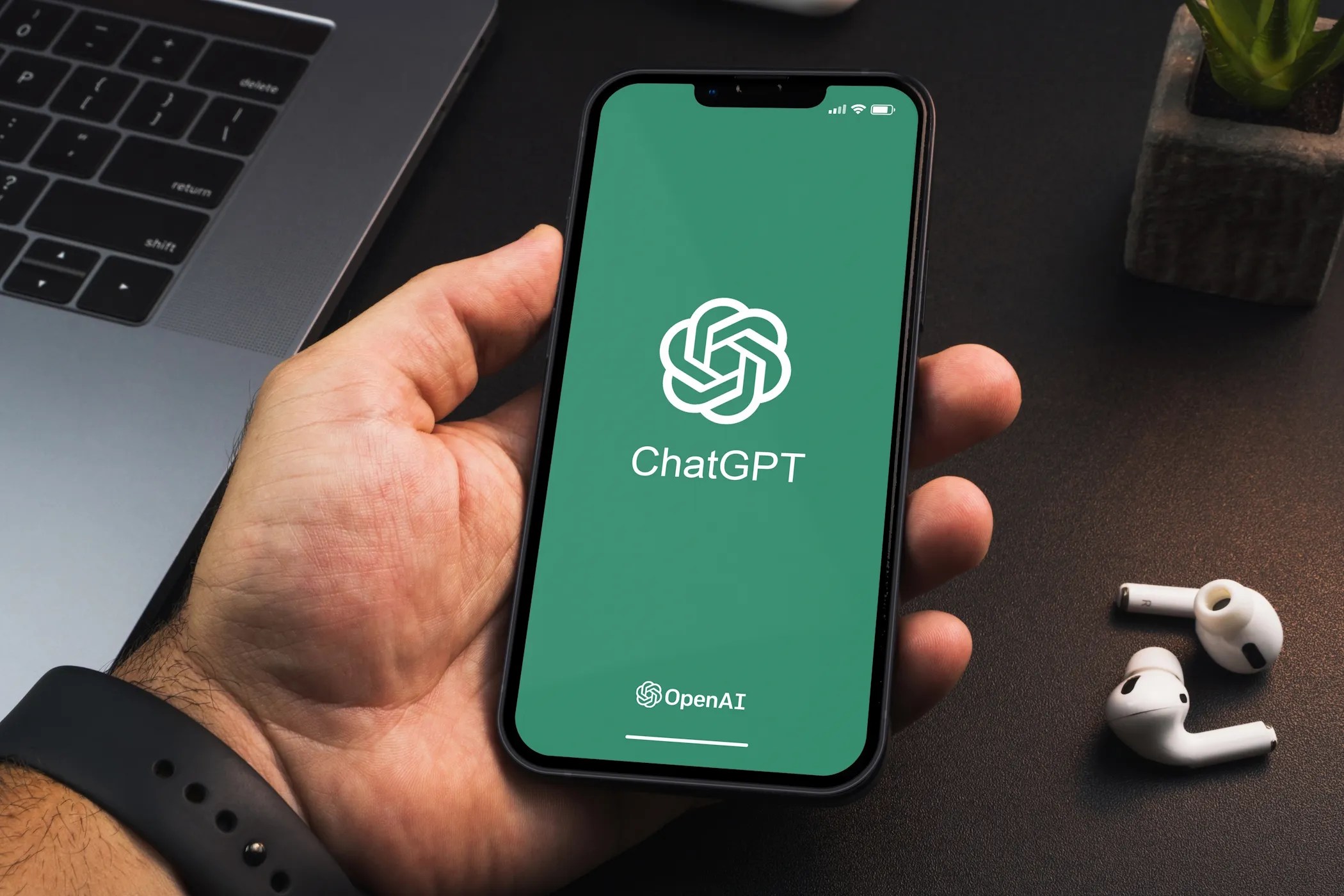How to Spot Fake ChatGPT Apps on the Apple App Store
Have you ever searched for ChatGPT on the App Store and found multiple apps claiming to be the official ones? Unfortunately, most of them are dangerous for your iPhone. But how do you spot a fake ChatGPT app on the App Store? Let’s find out.
Does ChatGPT Have an Official App?
If you wish to use ChatGPT on your iPhone or Mac, you may want to install the dedicated app from OpenAI.iPhone users can install the official ChatGPT appdirectly from the App Store. Mac users can download the ChatGPT desktop app fromOpenAI’s official site; you won’t find it on the Mac App Store.
Simply put, you should be skeptical of any ChatGPT app that’s not developed by OpenAI. Cybercriminals always seek the easiest opportunity to target a bunch of users to scam them. Currently, they’re cashing in on ChatGPT’s popularity. As a result, you’ll find fake versions of ChatGPT on the App Store that may lure unsuspecting users into downloading them.

Apart from the official app, there is another way to use ChatGPT on your iPhone and Mac. You can do that easily by navigating to the official website throughSafari or any other browseron your Apple device.
Download:ChatGPT foriOS|macOS(Free, subscription available)

How Can You Spot a Fake App on the App Store?
You should always take some precautions whendownloading an app from the App Storeand check if it is a legitimate version of ChatGPT. Here are some ways to spot a fake ChatGPT app on the App Store.
Check the Developer’s Name
The most reliable way to identify a fake app is to check the developer’s name. If you find another app claiming to be the official ChatGPT app but without OpenAI as the developer, it is surely a fraudulent version.
you could also check the developer’s profile on the App Store for more information about them.

Look for the App Reviews
The second step you should take is to check the reviews of the app you want to download. To quickly spot a fake app on the App Store, you should always refer to the reviews section and see what other users think.
If there is a series of negative reviews, it might be a sign that something is wrong with the app. It is also important to check if the reviews were done by real people or not, as fake reviews can be deceiving. This isa tactic known as click farming.

Review App Permissions
Another reliable way to spot a fake app on the App Store is by closely examining its permissions. If an app requests more than what is necessary, it could be a sign it is not legitimate.
For instance, a simple calculator app asking permission for your contacts is obviously suspicious. Similarly, why might a ChatGPT app need access to your address book? Before you download it, check if the app actually requires access to your contacts, location data, or other sensitive data.

Check the Logo and Grammatical Errors
It is also important to check the logo, graphics, and description of the service, as fake apps often use outdated logos, poor quality graphics, and have grammatical errors in descriptions. If you notice any discrepancies in these areas, it is likely that you are dealing with a fraudulent version of ChatGPT.
Examine the Number of Downloads
You can also get an idea of the trustworthiness of an app by checking the number of downloads it has. Generally, apps with many downloads are more reliable as they have been verified and tested by other users. Fake chatbot apps typically have lower download numbers than legitimate ones, so this may be another indicator that you’re dealing with something fraudulent.
Verify App Versions and Authenticity
Always ensure that the app you are downloading is the latest version and has been updated regularly by its developer. Fake apps often remain unchanged for a long time, which can be an indication that something is amiss.
Lastly, if an app seems too good to be true, it probably is. Before downloading anything, especially apps related to chatbots and AI, you should double-check it for authenticity and security.
Fake ChatGPT apps can put your device’s security at risk by downloading malicious code, tracking your browsing activity, and collecting private data. It’s important to be aware of such fake apps on Apple’s App Store as they may contain malware or spyware, which can cause damage to your device and even harm your privacy in the long run.
Fortunately, taking a few precautions when downloading an app can help you avoid any potential risks associated with malicious apps.
We want to hear from you! Share your opinions in the thread below and remember to keep it respectful.
Your comment has not been saved
I thought I recalled Apple charging more to developers to sell in store. Reason being they spend extra time to verify all is done properly and non-conflicting to the “Apple Experience " Not so then?
It’s easy to download a sketchy app without realizing it, even from the Play Store. Here are some tips to help you determine which apps to trust.
If an AI can roast you, it can also prep you for emergencies.
Some subscriptions are worth the recurring cost, but not these ones.
You can block out the constant surveillance and restore your privacy with a few quick changes.
Tor spoiled me forever.
Don’t let aging hardware force you into buying expensive upgrades.